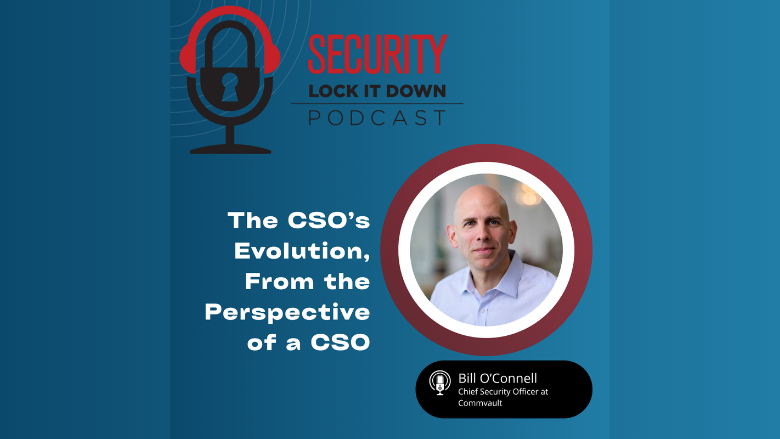
"It's been really interesting. Early on, [security] was really not a high priority for companies, and so I often found myself in a back office somewhere, kind of far away from where the main activity was in the corporate environment, or kind of low down the totem pole. And we've seen how that's flipped over these past 20 - and especially the past 10 - years, where companies have really started to realize that the focus that they need to place on this so much more, and so from an organizational standpoint, you see so much more energy and resources being put to security."
"To make sure that you're included, you have to show them - you have to show the business - why you should be there."
"I've been in security for over 20 years now, and it's been a pretty exciting journey."
The CSO role has transformed over the past two decades from a low-priority, back-office function into a central organizational responsibility. Rising threats including political instability and natural disasters have forced organizations to allocate more energy and resources to security. Despite greater recognition, many CSOs still lack voice and authority over budgets and strategic decisions. CSOs must demonstrate clear business value to secure involvement in strategy and obtain a seat at the decision-making table. Elevation of security requires both structural authority and visible contributions that tie security activities to business outcomes.
Read at Securitymagazine
Unable to calculate read time
Collection
[
|
...
]